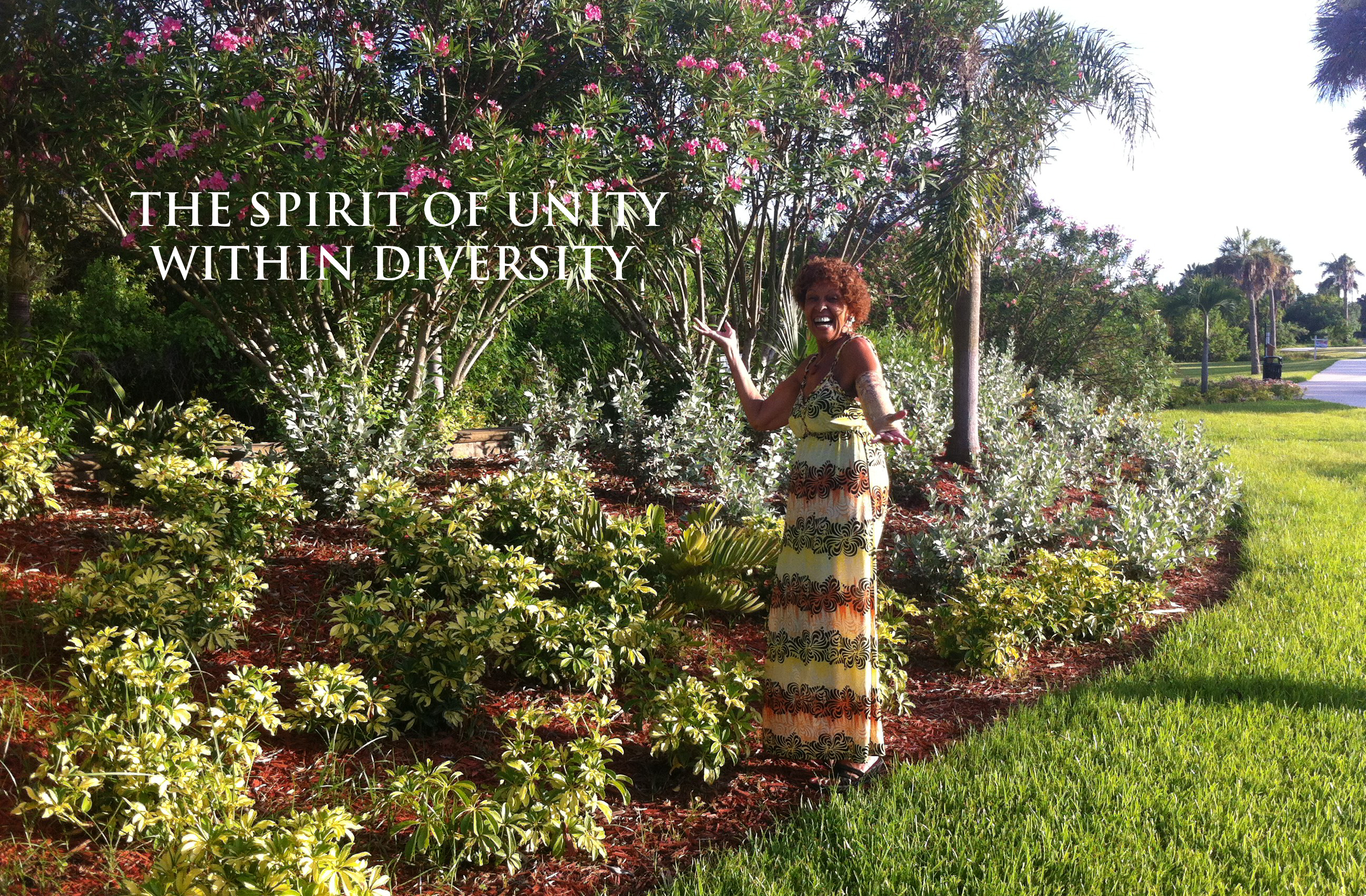A teenage girl is dead: life had become unbearable as she attempted to cope with the aftermath of the Parkland violence. She lost the battle of survivorship and took her own life.
Weeks later, while watching the evening news I saw a rally in Tallahassee, organized by the Alliance for Safety and Justice, addressing the mental health needs of survivors of violence.
How often we count the number of the victims of mass shootings in terms of the numbers of those killed: Parkland—17, Pulse Night Club—49, Pittsburgh Synagogue—11. The tally of survivors rarely appears in the media, yet they, too are victims in the aftermath of violence. The children who escaped unscathed, running from the gun shots. The teachers unable to protect those entrusted to their care. The mothers, fathers, sisters, brothers, grandmas, grandpas, aunties, uncles. The tally of these victims is exponential, all left with wounds that may scab over, but will never fully heal.
The memorial services are over, the candle light vigils have ended, and America goes back to its routine . . . until the next massacre.
 So often we think of the term survivor in relationship to sexual assault, or the PTSD of military atrocities. The massacre survivors are dealing with a different kind of aftermath. If they were present, they may be suffering from their own unique PTSD and perhaps the fear of ever re-entering the massacre location. Imagine being a student gripped with terror every time they cross the threshold of their school. Or, like the teenager who took her own life, they may be suffering survivor’s guilt. “Why didn’t it happen to me? Why was I spared?” Or a parent may be suffering “if only” guilt. “He said he wasn’t feeling well. If only I hadn’t sent him to school that day.”
So often we think of the term survivor in relationship to sexual assault, or the PTSD of military atrocities. The massacre survivors are dealing with a different kind of aftermath. If they were present, they may be suffering from their own unique PTSD and perhaps the fear of ever re-entering the massacre location. Imagine being a student gripped with terror every time they cross the threshold of their school. Or, like the teenager who took her own life, they may be suffering survivor’s guilt. “Why didn’t it happen to me? Why was I spared?” Or a parent may be suffering “if only” guilt. “He said he wasn’t feeling well. If only I hadn’t sent him to school that day.”
Almost three years ago, I visited the Pulse Night Club Memorial. I confess that my focus was limited to those who had lost their lives. But with this new awareness, I ask myself, “How can we be helpful to those who weren’t actively involved in the incident and with those whose lives were spared?”
We can use our vote to support Alliance for Safety and Justice in their efforts to promote legislation that increases survivorship mental health treatment in Florida. We can support Community Tampa Bay’s ANYTOWN, promoting diversity and inclusion among teenagers. We can vote in favor of effective gun control laws. We can be emotionally compassionate to our friends who look fine on the outside, but still anguish on the inside, having lived after the tragic death of a loved one.
I am reminded of a recent encounter with a young man whom I hadn’t seen in awhile. I was pleased to see him and greeted him with “How ya doin,’ you’re looking well!” I held back the tears as he responded, “I’m never well . . . I wear a mask.”


